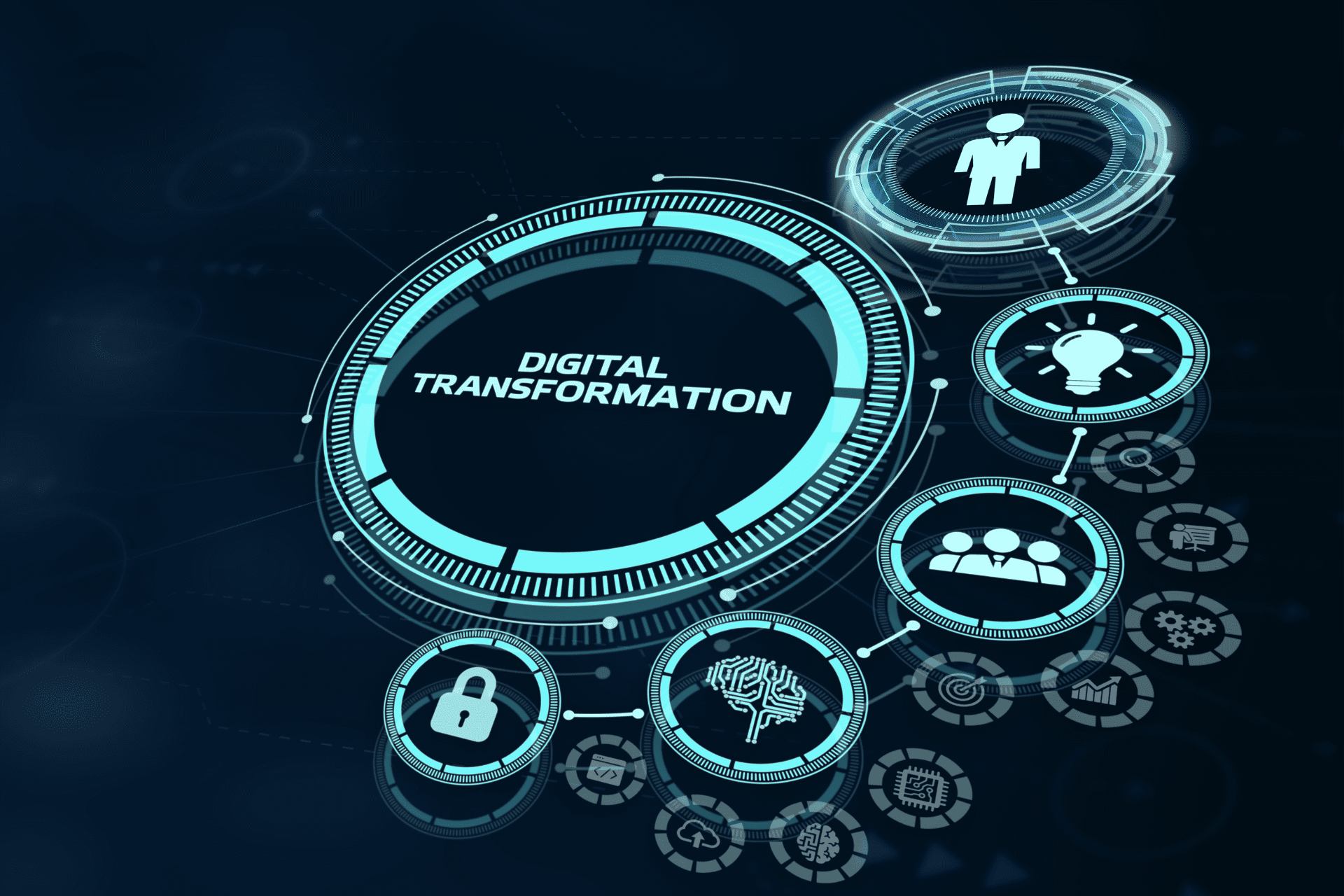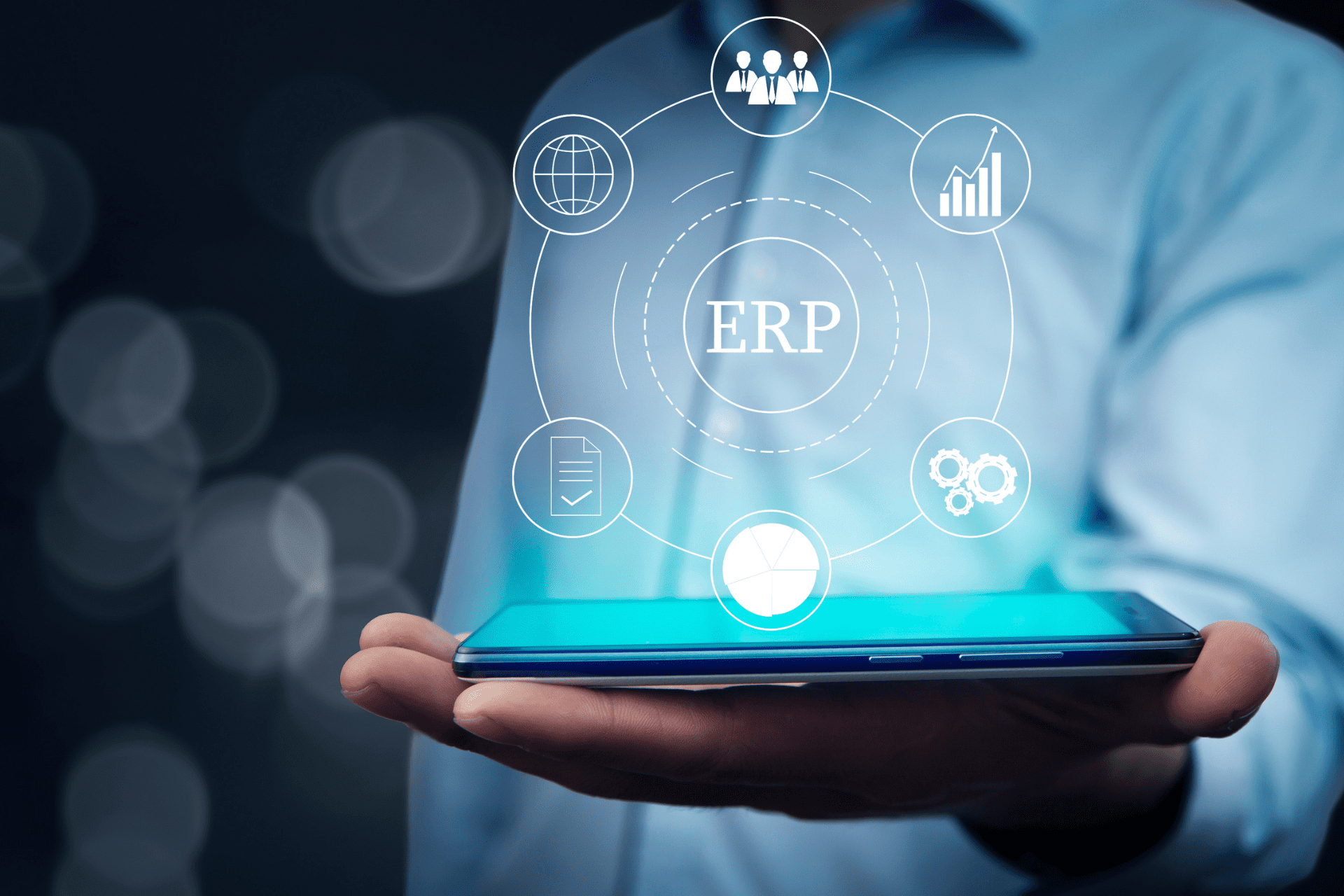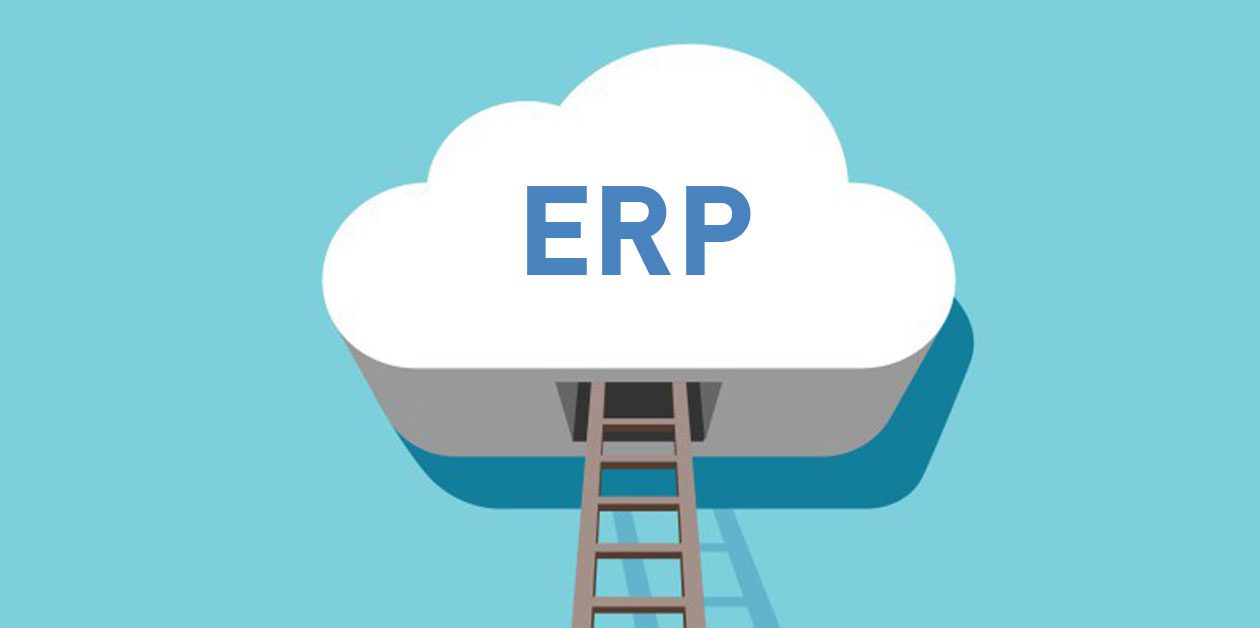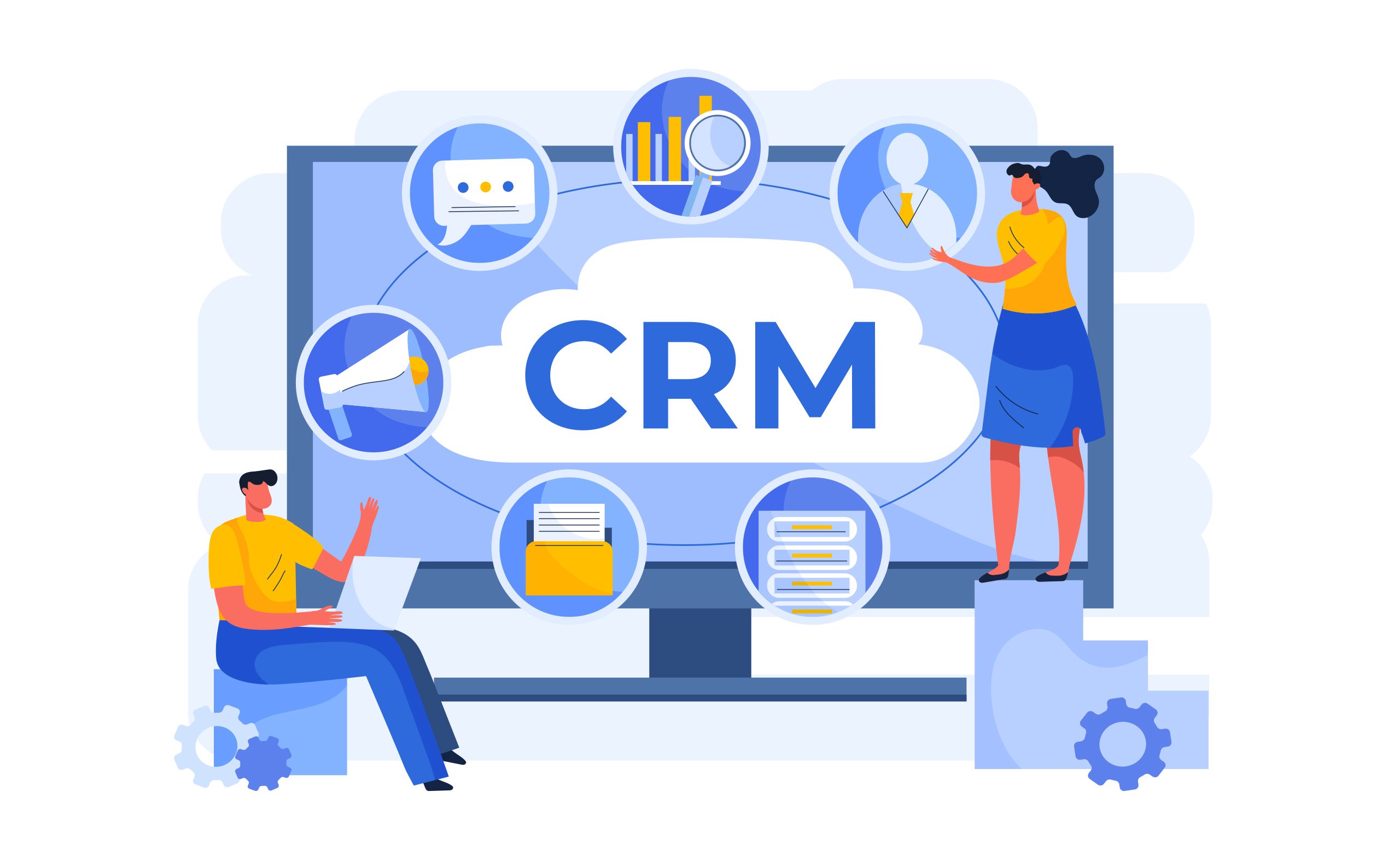Share
Read also

Trends & Views
Digital transformation strategies

Business Software
CRM 2025 market: Response to increasing customer demands

Business Software
Understanding the ERP lifecycle management

Mobility
How is EM shaping the way SMBs operate?
Ultimately, the question remains the same: Is cloud-computing suitable for all businesses, regardless of their size, complications and security needs? If it means anything, Gartner estimates that by 2018 at least 30% of all businesses providing services will have migrated the majority of their ERP applications to the cloud. Let’s take a look at some significant advantages.
Cost
Cloud-based ERP services are provided based on the subscription model, and as such can reduce the initial capital investment required for the acquisition of a solution. The same applies for the operational and deployment expenses that can be paid with a subscription and, therefore, are far more cost-effective in comparison to the traditional approach regarding deployment, maintenance and hosting.
Quick and simple deployment
The customization of a traditional ERP system, in order for the business to be able to take full advantage of its capabilities, requires a significant amount of time. On the other hand, cloud-based systems are designed so as to be fully functional in a minimum amount of time.
Flexibility and scalability
If your business is growing and you have a cloud-based ERP system, you can add new features and business functions in a very simple way. This is achieved without your business having to acquire and customize more add-ons. As a result, cloud-computing becomes even more attractive when it comes to modern business needs.
Simplified upgrading
Those who have opted for cloud-based ERP systems can take advantage of the benefits offered by system upgrades, as well as upgrades to a new version released by their service provider, without bearing the relevant cost or suffering any inconvenience, as the case is with on-premise ERP systems.
Free maintenance
If you decide to adopt a cloud-based ERP solution, you no longer have to use your own hardware and software, and as a result you can reduce the typical maintenance expenses. This means that you can focus on your business development, without having to worry about hardware or hiring specialized IT personnel to handle your system’s operation and maintenance. With cloud-based ERP systems, the provider ensures you have the necessary backups to avoid any risk of data loss. Usually, this is done by keeping data copies in at least two different locations. Your cloud ERP provider is certainly able to offer you more reliable data safety and disaster prevention plans than what your business could on its own.
Seamless system integration
Cloud-based solutions are designed so as to allow seamless interoperability with other products, and therefore can support the addition of other features both now and in the future.







